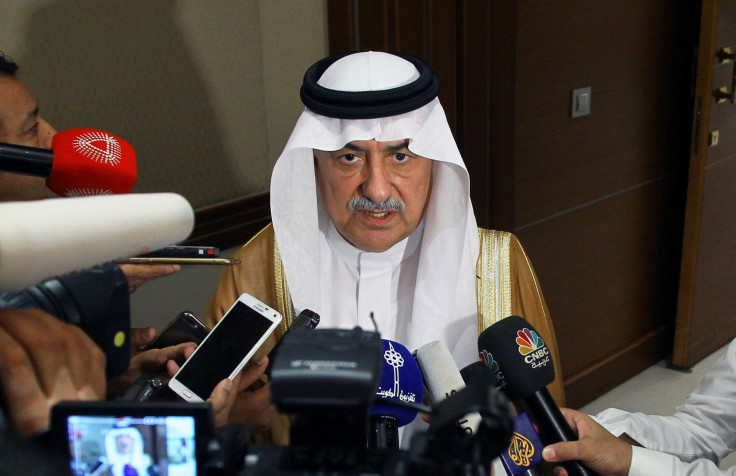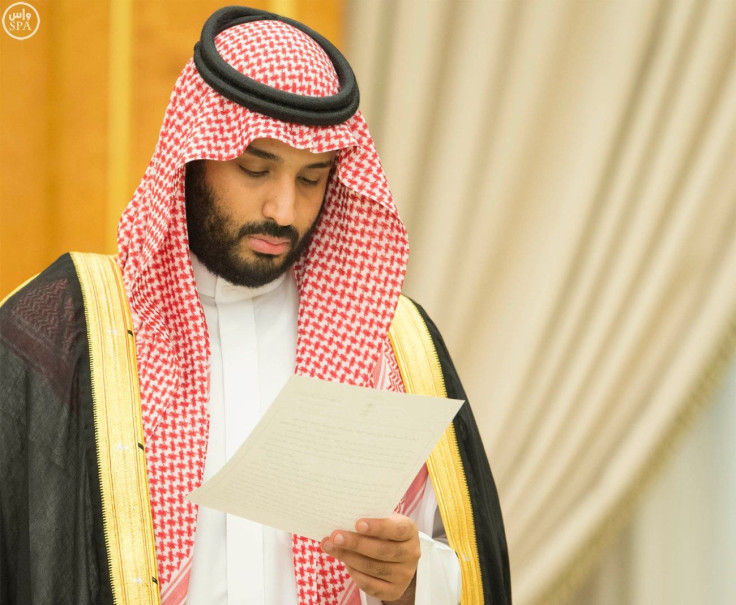Oil Prices 2016: Saudi King Replaces Finance Minister In Latest Shuffle As Monarchy Strives For Economic Reform

Saudi Arabia's King Salman has replaced his veteran finance minister as the kingdom attempts to transition the nation's economy from its oil dependency, the Wall Street Journal reported Monday. Ibrahim al-Assaf, who serves on the board of Saudi Aramco, was finance minister since 1996, when he was chosen by then-King Fahd to administer the economy during the financial hardships of the Gulf War.
Assaf has reportedly been named minister of state and a member of the council of ministers.
By royal decree, King Salman appointed former Saudi Capital Market Authority chairman Mohammed al-Jadaan in Assaf's place. Jadaan is a lawyer who, as head of the country's stock market, has helped the country diversify its energy-addicted market and open it up to foreign investment. His appointment comes two weeks after Saudi Arabia broke records by selling $17.5 billion of its bonds in its market debut.

The move is the latest in a series of cabinet shuffles since the death of Salman's predecessor King Abdullah. Earlier this year, Salman replaced his longtime oil minister and created the Energy, Industry and Natural Resources Ministry. In April, the monarch's son, deputy crown prince Mohammad bin Salman, announced a plan to implement widespread economic changes, known as Vision 2030. The massive project includes plans to establish a nationwide sovereign wealth fund, privatize Aramco, cut energy subsidies, expand investment and optimize his government.
Weak oil prices, which were hovering just below $50 a barrel Tuesday, have been devastating for the outlook of Saudi Arabia's economy, which relies on oil to generate 87 percent of its revenue. Saudi Arabia's budget deficit reached approximately $100 billion last year. While Vision 2030 has been welcomed by some as a breath of fresh air bringing a new generation to the Saudi government, a number of Saudis have criticized its austerity measures.
© Copyright IBTimes 2024. All rights reserved.






















